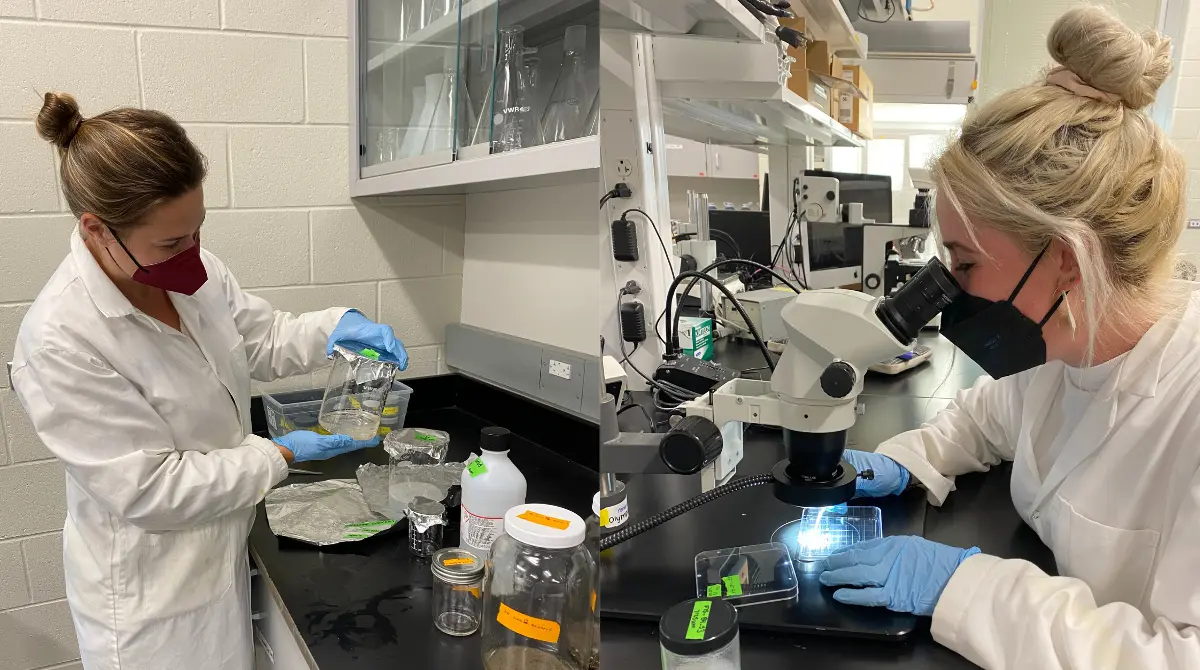
It’s Not Just Seafood: New Study Finds Microplastics in Nearly 90% of Proteins Sampled, Including Plant-Based Meat Alternatives - Ocean Conservancy
Researchers at Ocean Conservancy and University of Toronto estimate that American adults could be consuming up to 3.8 million microplastics per year from protein alone
"Portland, Ore. – A new study led by researchers at Ocean Conservancy and the University of Toronto and published today in the journal Environmental Pollution found microplastic particles in 88% of protein food samples tested. The samples were drawn from 16 different protein types* destined for U.S. consumers, including seafood, pork, beef, chicken, tofu, and three different plant-based meat alternatives."
Turns out it doesn't matter what you are eating and drinking these days, you are going to be killing yourself slowly by ingesting invisible micro plastics.
Highest concentrations were found in processed meat sources, but still relatively high even in plain chicken breast.

